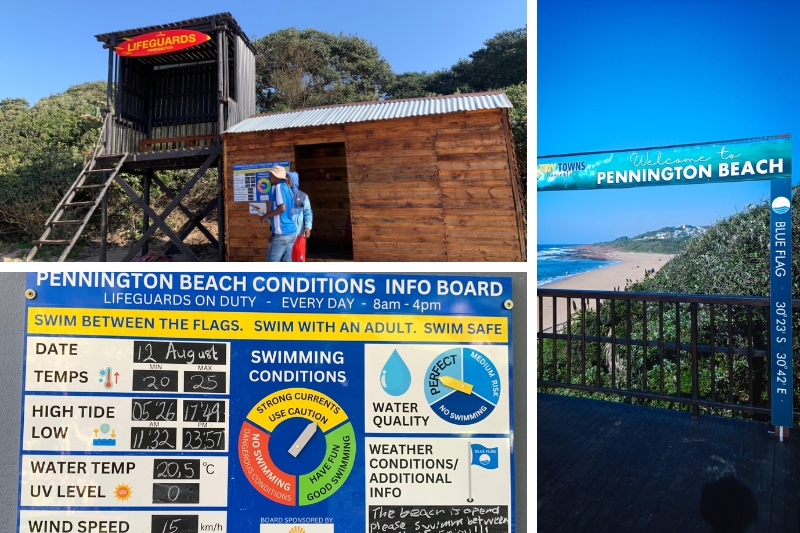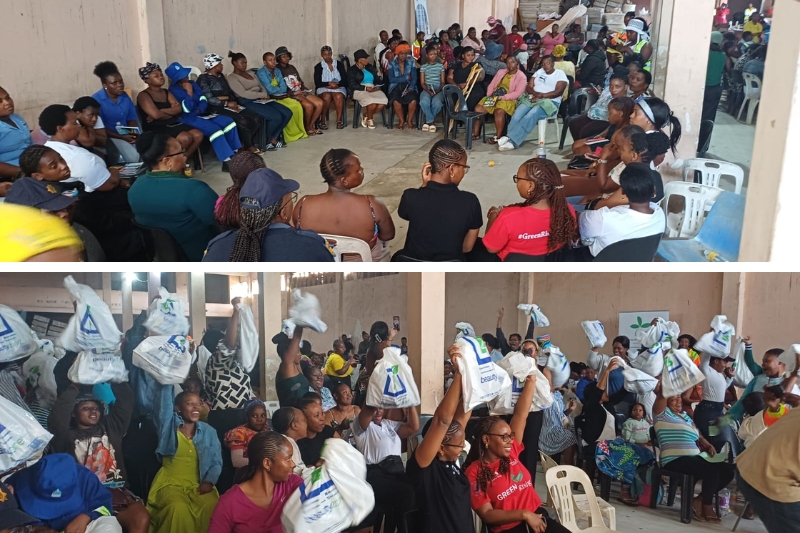August was a month of collaboration, coastal stewardship, and community action for the WESSA Coastal Programme. From national biodiversity planning forums to on-the-ground youth awareness campaigns, our work continues to link people and nature in meaningful ways. Shore to shore, our work is powered by The Ford Wildlife Foundation.
Amplifying coastal conservation voices
This month, our Coastal programme has contributed to the Addo-Amathole Biodiversity Node Forum and the Marine and Coastal National Biodiversity Strategy and Action Plan. These platforms are critical for ensuring that community perspectives are included in wider biodiversity conservation planning. By amplifying local voices, we aim to build stronger stewardship at community level while enhancing collaboration at national level for resilient coastal ecosystems.
Green Coast communities taking the lead
Across South Africa, Green Coast communities are stepping up as custodians of their local environments. Guided by the programme’s three pillars—awareness raising, active participation, and monitoring—sites have hosted beach clean-ups, coastal health checks, and awareness events.
Communities are also rallying behind the national Stop the Strangle campaign, taking action against ghost gear and marine pollution from the fishing sector. These efforts highlight the essential role of coastal communities in protecting South Africa’s biodiversity and natural heritage.
Meanwhile, the WESSA team has been supporting new Green Coast sites with their 2025/2026 applications and working closely with already awarded sites as they prepare for re-application.
Blue Flag safe and sustainable beaches

Even in winter, the KwaZulu-Natal South Coast is alive with activity. Following the spectacular Sardine Run, beachgoers have continued to flock to South Africa’s world-class Blue Flag beaches, a reminder that our coastline is a year-round treasure.
During site visits, the WESSA team experienced the beauty of these beaches and met the lifeguards who keep them safe. Far more than watchful eyes, lifeguards are highly trained professionals who prevent accidents, respond to emergencies, and ensure that families and ocean lovers alike can enjoy the coast with confidence. Their dedication is central to what makes a Blue Flag beach both environmentally exceptional and welcoming.
So, next time you enjoy a Blue Flag beach, take a moment to thank the lifeguards, the quiet guardians of our coastline.
Youth awareness and protection
In August, the Coastal Programmes team partnered with WESSA’s Schools and Youth team, ChildSafe, and other stakeholders to host a youth awareness and gender-based violence (GBV) prevention event.
The initiative responded to the worrying rise in abuse cases linked to institutions of trust, such as churches, where many young people are left without knowledge of where or how to report abuse. The event raised critical awareness around protection, prevention, and support services, while also reminding participants of the deep connection between caring for one another and caring for our environment. Just as nature provides healing and solace, it requires our protection in return.

Intern reflections, building skills for the future
Our interns also had the opportunity to deepen their skills this month through work readiness training, and their reflections highlight the value of pairing technical knowledge with professional growth:
Nokwazi Zulu, Coastal Environmental Management Intern:
“The work readiness training improved my professionalism, punctuality, accountability, and attitude—skills I apply daily as a Coastal Environmental Management Intern when engaging with colleagues, municipalities, and communities during Blue Flag inspections and awareness initiatives.
It also equipped me with practical tools for conflict management, problem-solving, and adapting to challenges, helping me stay calm and solution-focused in complex situations. In addition, the training strengthened my communication and teamwork abilities, allowing me to adjust my style for different audiences. Overall, it gave me valuable workplace skills that complement my technical knowledge in coastal management.”
Sisikelelwe Zamajama Ngceza, Coastal Environmental Management Intern:
“The SAWEA Work Readiness Training Programme has helped me a great deal with my professional growth as well as my personal. It has equipped me with much-needed skills in the workplace including proper communication, teamwork, time management and problem solving, all skills that I believe every intern should begin with. I also came to learn a great deal about the workplace culture, professional etiquette, and expectations of the employers. Not only is the programme going to help me boost my confidence when interacting with colleagues and supervisors as a Coastal Environmental Management intern, but it will also help me become more flexible to work in various working conditions.
Overall, the training gave me more confidence in my role, which will help me work more efficiently and effectively.”
Their experiences remind us that investing in the next generation of environmental leaders is as important as the conservation work itself.
Together, these efforts—by communities, lifeguards, partners, and interns—showcase the heart of WESSA’s Coastal Programme: enabling people to protect and celebrate our coasts for generations to come.

